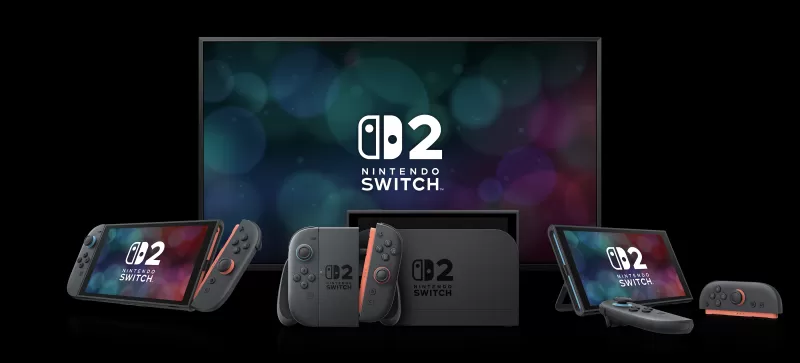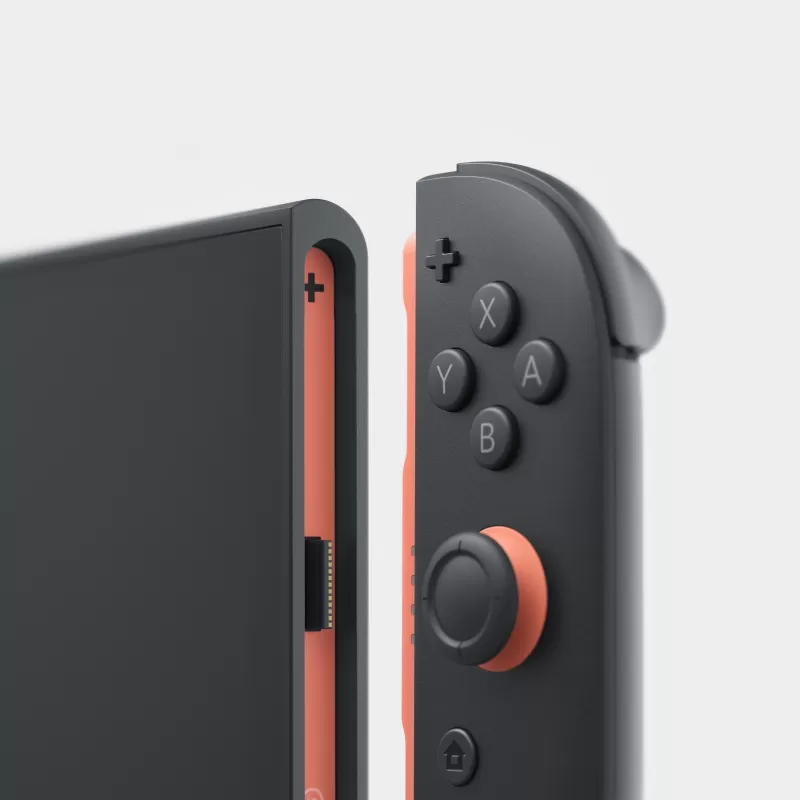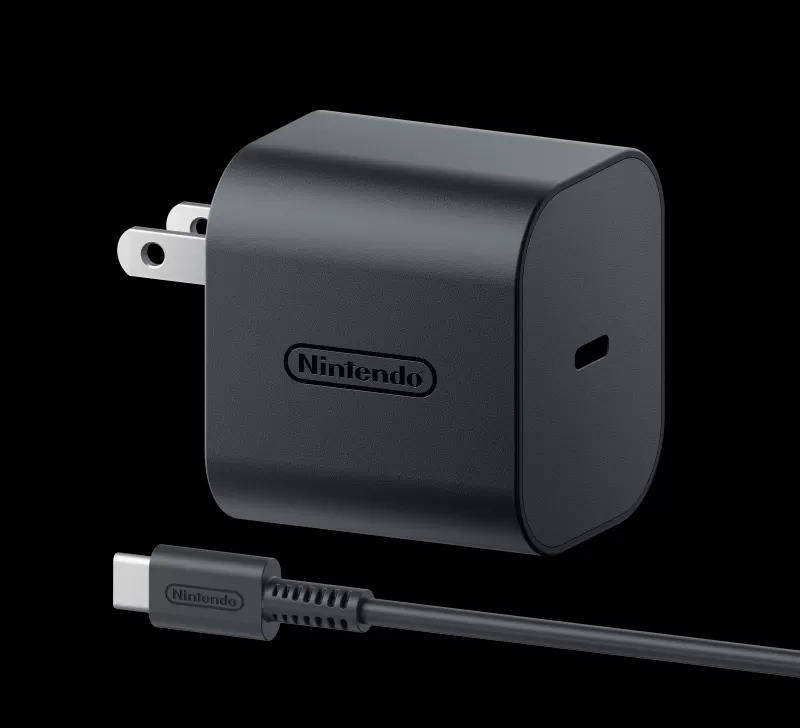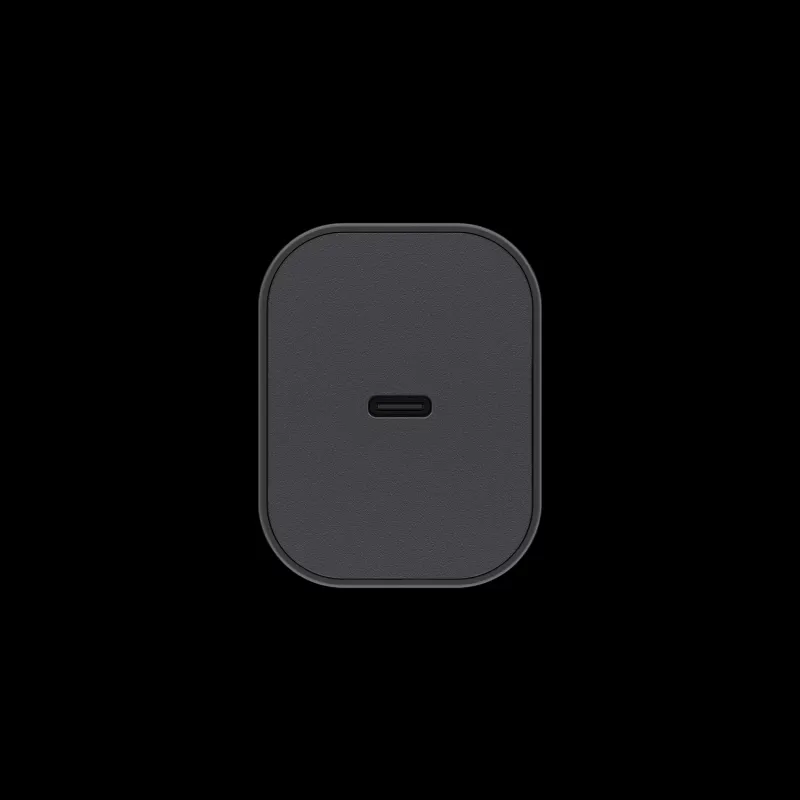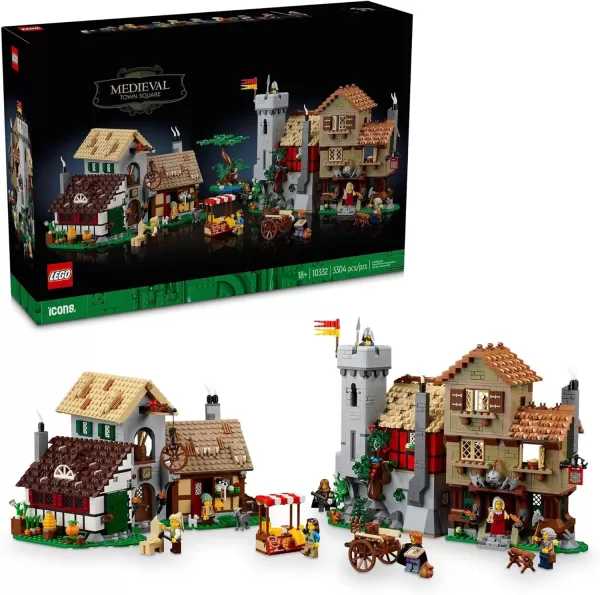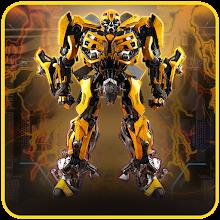It's been a whirlwind week for U.S. gamers, starting with the much-anticipated full reveal of the Nintendo Switch 2, only to be met with a mix of excitement and disappointment over its $450 price tag and the $80 price for Mario Kart Tour. The roller coaster continued as Nintendo announced a delay in pre-orders to assess the impact of the sweeping tariffs imposed by the Trump Administration, which have left the gaming community in a state of uncertainty.
We've covered the reasons behind the Nintendo Switch 2's high cost and the potential impact of these new tariffs on the gaming industry in other articles. However, the burning question on everyone's mind right now is: what will Nintendo do? Will the Nintendo Switch 2's price increase when pre-orders finally open?
Typically, when faced with such industry-related questions, I consult a panel of expert analysts. While they can't predict the future with certainty, they usually provide a well-informed consensus based on data and evidence. This week alone, I've already written about their insights twice.
However, this situation is unprecedented. For the first time since I began this practice, every analyst I spoke with was stumped. They offered guesses, but each response was heavily caveated with an acknowledgment of the current chaos. The speed and unpredictability of these events have left even the experts unable to predict the moves of Nintendo, the Trump Administration, or any other stakeholders in the near or distant future.
With that significant disclaimer in mind, here's a summary of what the analysts did say:
Sky-High Switch
The analysts were split in their predictions. On one side, Dr. Serkan Toto, CEO of Kantan Games, believes that Nintendo will likely raise prices for the system, games, and accessories due to the tariffs. He initially thought it might be too late for a price increase after the announcement, but the delay has changed his perspective. "It is very difficult to predict, but Nintendo will likely take a few days to run simulations and then announce hikes, not only for the system itself but also games and accessories," he said. "I hope I am wrong but if sustained, these sky-high tariffs leave them no choice. Would you be surprised now to see Switch 2 hit US$500 for the base model? I wouldn't."
Dr. Toto also questioned Nintendo's timing, wondering why they didn't wait for the U.S. to address the tariffs before setting their prices. "What I also want to add is this: Why on earth did Nintendo not wait for the US to fix their tariffs first and then decide on pricing during a Direct a few days later? This made no sense."
Mat Piscatella, senior analyst at Circana, echoed this sentiment but emphasized the unpredictability of the situation. He believes that the tariffs were broader and deeper than anticipated, forcing companies like Nintendo to reevaluate their pricing. "Every reasonable and responsible business that relies on international supply chains will be reevaluating its US consumer pricing at this point. They have to," he said.
Manu Rosier, director of market analysis at Newzoo, predicts an increase in hardware prices but suggests that software might be less affected due to the dominance of digital distribution. "While physical versions might be subject to tariffs, the growing dominance and lower cost of digital distribution would likely limit any broader effect," he said. "Regarding hardware, however, the situation is more sensitive. If a 20% tariff—or any substantial increase—were to be introduced, it’s unlikely that companies like Nintendo would absorb the additional cost by cutting into their margins. In such cases, the burden could shift to consumers in the form of higher retail prices."
Holding the Line
On the other side, Joost van Dreunen, NYU Stern professor and author of SuperJoost Playlist, believes that Nintendo will try to avoid a price increase. He suggests that the volatility from the tariffs was already factored into the Switch 2's $449.99 pricing. "I believe the volatility from the Trump tariffs was already considered in the Switch 2's $449.99 pricing," he said. "Given the first Trump administration's impact, Nintendo, like other manufacturers, has since restructured its supply chain to mitigate such geopolitical risks."
Van Dreunen acknowledges the possibility of a price increase but emphasizes Nintendo's efforts to maintain the announced price. "Nevertheless, the unpredictable nature of these tariff decisions—exemplified by the recent situation in Vietnam—injects a significant amount of uncertainty into the market. This could compel Nintendo to find ways to absorb or offset additional costs, especially when initial product margins are typically narrower."
Piers Harding-Rolls, games researcher at Ampere Analysis, agrees, warning of potential consumer backlash if prices rise. "The extent of the tariffs and its impact on Vietnamese exports are really bad news for Nintendo," he says. "The company is now in between a rock and a hard place, having already announced the launch price. I have already suggested that the pricing would stay as announced until 2026 at the earliest but then might be adjusted if the tariffs stay in place."
Living in Unhinged Times
Rhys Elliott, games analyst at Alinea Analytics, predicts higher prices for both Nintendo hardware and software due to the tariffs. He also references his previous comments about Nintendo's strategy of offering cheaper digital editions in certain markets. "It seems the lower prices in other markets were to nudge Switch 2 buyers to digital, as I mentioned my comments to IGN about Mario Kart World’s pricing. Nintendo might have wanted to do something similar in the US, but the tariff situation is so chaotic that Nintendo was in ‘wait and see’ mode — and decided to hedge its bets to see if it needed to offset the tariffs."
Elliott paints a grim picture of the broader impact of these tariffs on the gaming industry, aligning with warnings from the Entertainment Software Association. He believes that the tariffs will lead to a "weaker, poorer nation," with consumers bearing the brunt of the increased costs. "Some manufacturers – Nintendo included – have been shifting their manufacturing to non-tariff-impacted markets," Elliott says. "And even if companies can afford to switch up (no pun intended!) their supply chains, who knows which markets will get tariffs next – as recent news supports."
He criticizes the tariffs as detrimental to consumers and the gaming industry, arguing that they go against core economic principles. "These extreme tariffs will also be bad for consumers in the US but are positive for the US administration’s populist façade. Policies that lead to higher prices for everyday people amid a cost-of-living crisis are deplorable. They're bad for gamers and the games business."
Nintendo Switch 2 System and Accessories Gallery
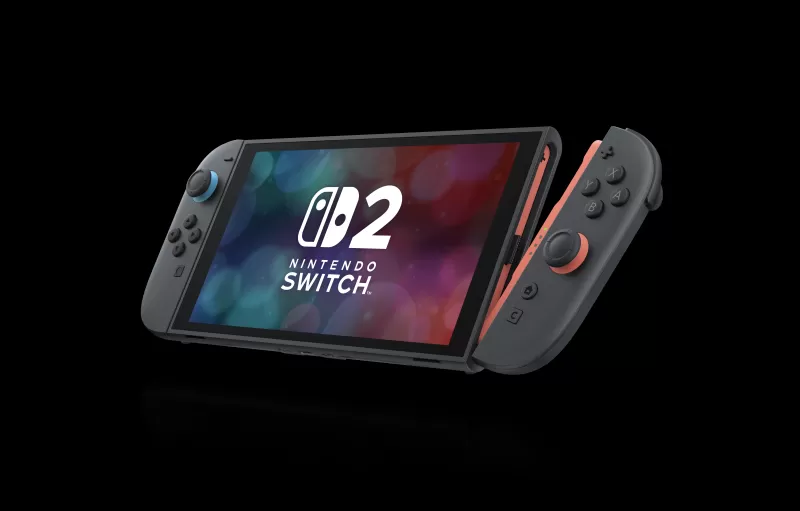
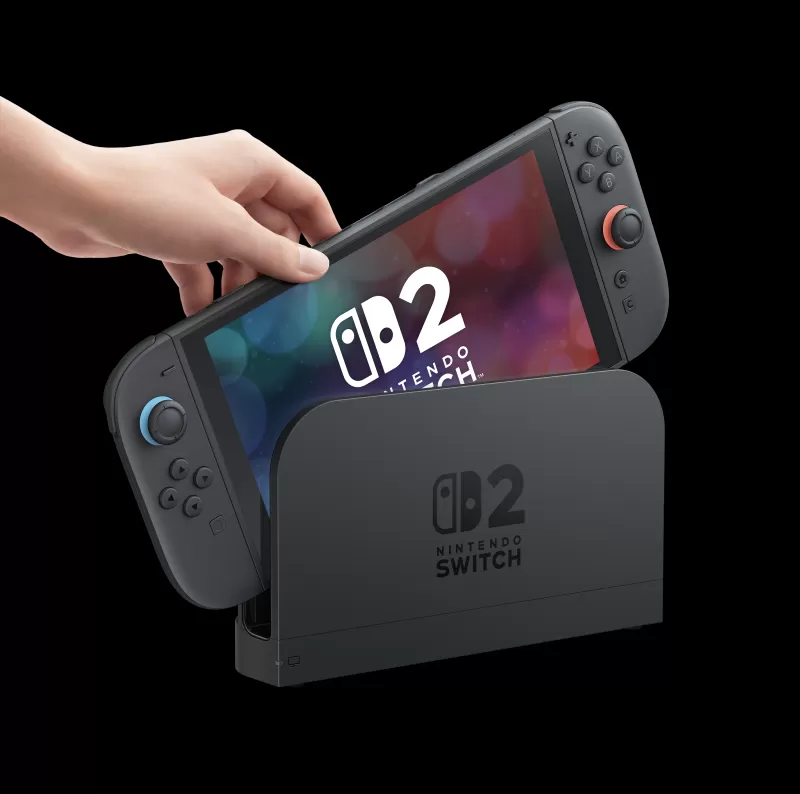 91 Images
91 Images 